Osgoode mooters recognized for their oral and written advocacy at the Harold G. Fox Intellectual Property Moot
IPilogue
MARCH 1, 2023
Fox Intellectual Property Moot Team and JD Candidates at Osgoode Hall Law School. Fox Intellectual Property Moot. The students explored an interesting and complex moot problem about infringement of a patent protecting a novel method of using W-band frequencies for telecommunications.

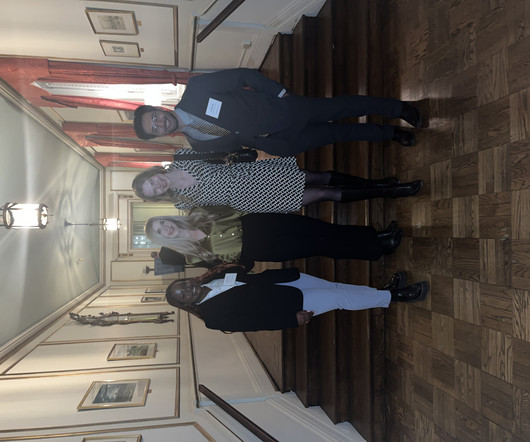
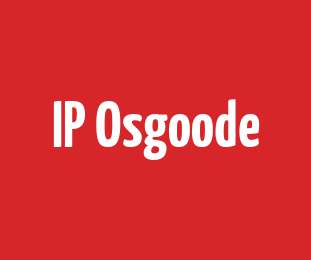


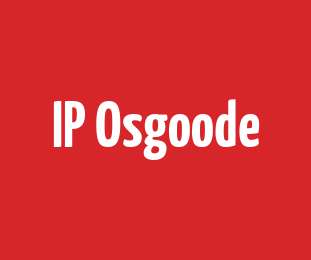
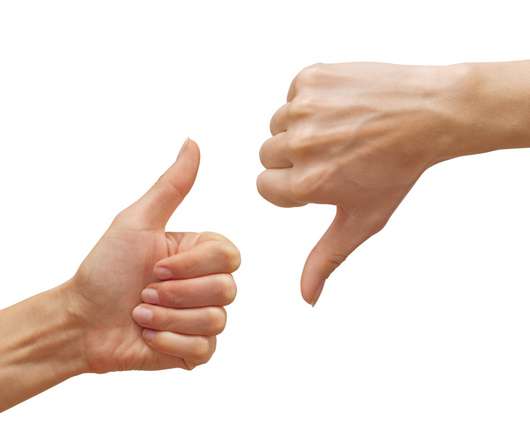
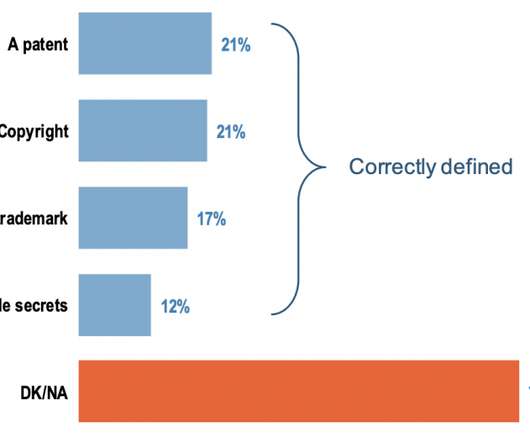


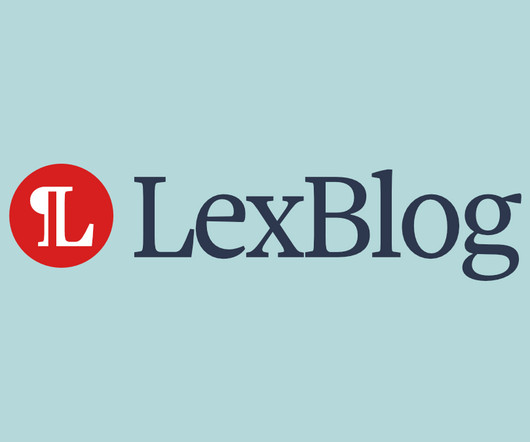
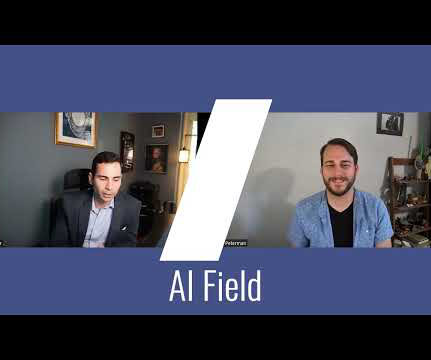

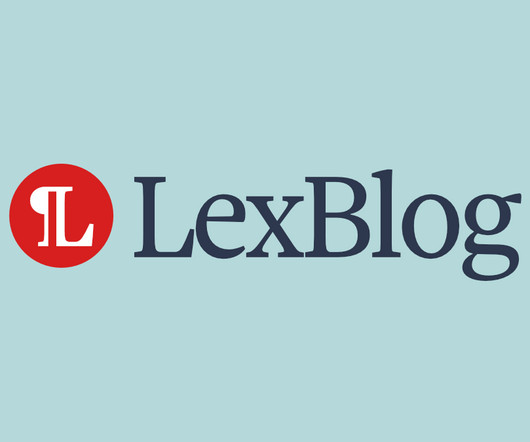
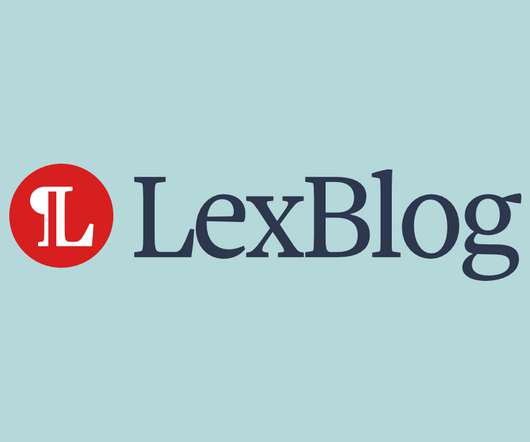






Let's personalize your content